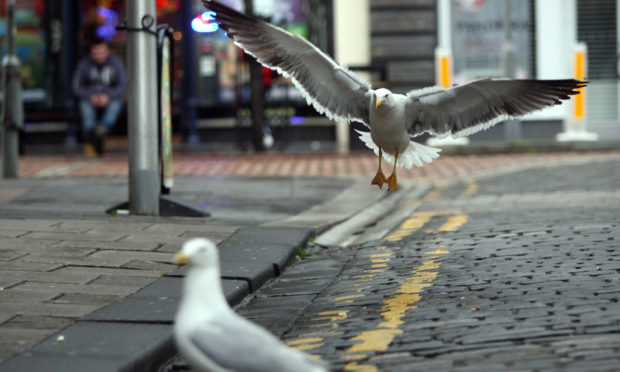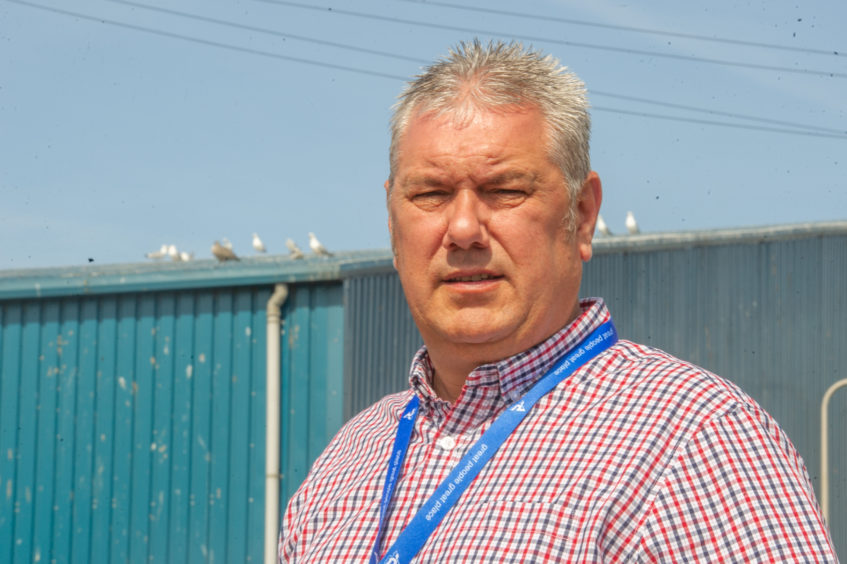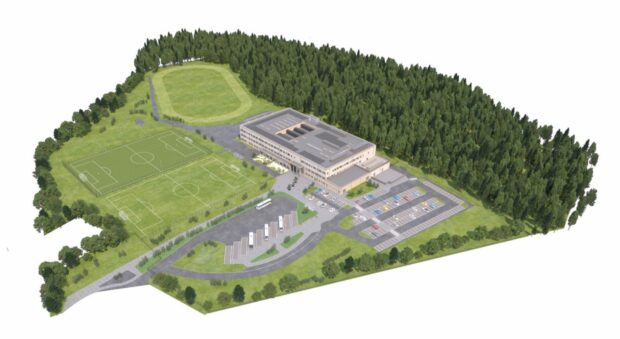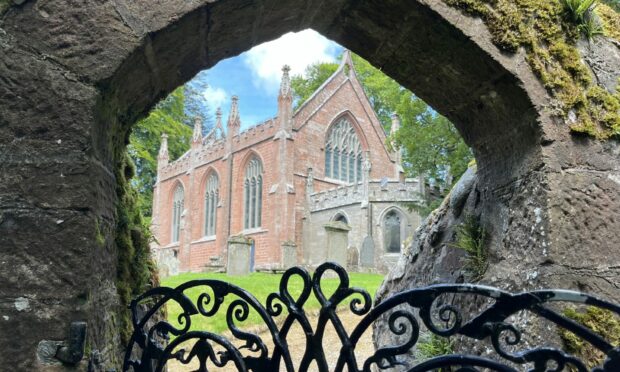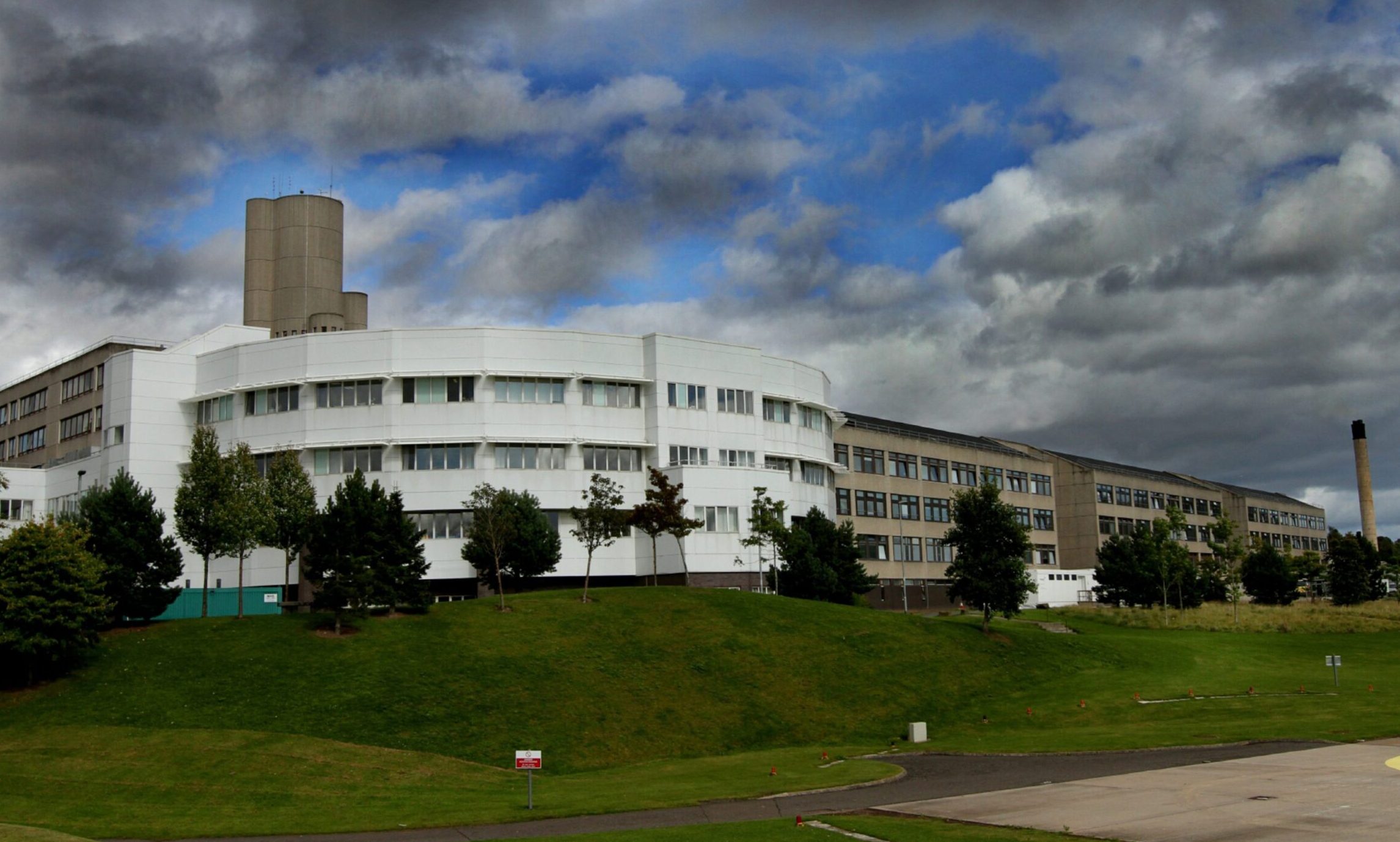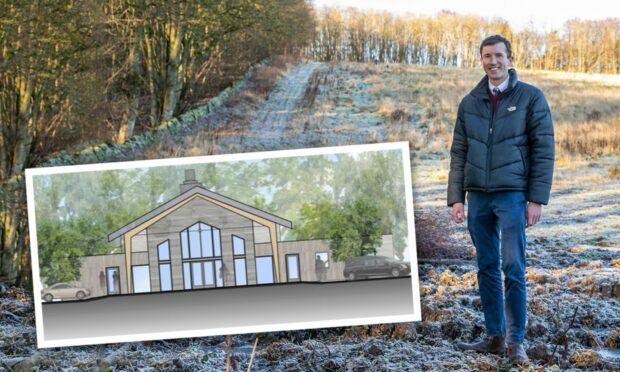Angus could lead the fight for a u-turn on extended protection for gulls after a “horrendous” summer for communities under attack from the winged menace.
After dropping its nest and egg removal scheme in the wake of new rules which require authorities to apply for special licences to control nesting seagulls, a councillor said the latest breeding season had been the worst he had known since being elected.
Montrose Independent Tommy Stewart said he had received a report of one person being hospitalised amidst a barrage of complaints about the scale of the problem this summer.
The communities vice-convener will put a motion to the full meeting of the council this week asking the authority’s chief executive to lobby Scottish Natural Heritage and Cosla over the issue and seek exemption for local hotspots over new control licence rules which Mr Stewart has said are “not practical” to enforce.
“I’ve had more complaints this year than I’ve ever had since becoming a councillor and the number of gulls has just been horrendous,” said Mr Stewart.
“This isn’t just Montrose, or the coastal towns – Ronnie Proctor our Angus Provost has had complaints in Kirriemuir and I know the Forfar councillors have had the same.”
He added: “I just think it’s going to get worse. SNH have said it’s simple to apply for an individual licence, but I just don’t think that’s practical in the circumstances we are seeing.
“Once you get that licence you’re then expected to proof the buildings against gulls, but that is something that would be very difficult to achieve given the amount of properties involved.
“The public do have a part to play in this – they are throwing down food and leaving litter which should go in bins, and we’ve shops like takeaways putting rubbish out which makes it easy for the gulls.
“We just can’t control them and I can only see this getting worse,” he said.
SNH licensing manager, Liz McLachlan said: “We’d like to reassure the councillor that if control is needed for public safety or any other legal circumstances, the council can still easily apply for a licence to control gulls using our licensing system.
“Changing circumstances mean we regularly review the species listed on general licence. We held an extensive consultation in Scotland before making these recent changes, as well as reviewing the latest available research.
“While many wild bird populations remain in a healthy condition, a range of pressures, including climate change, means populations of others have decreased, and are in need of greater protection. “Our role is to help wild birds thrive, but we also safeguard the public from health and safety risks.”
